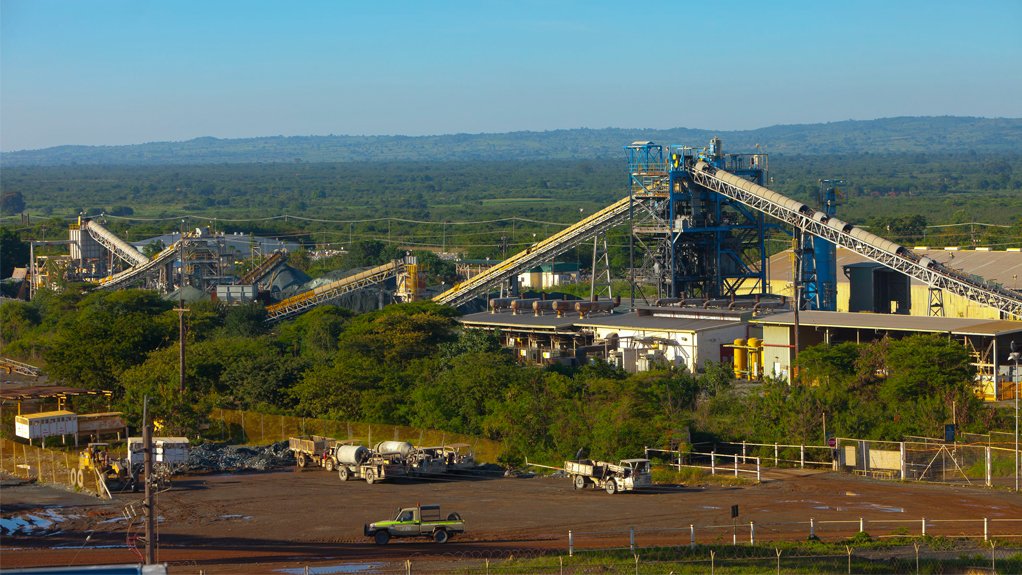JOHANNESBURG (miningweekly.com) – LSE-listed Acacia Mining is seeking further clarification from its parent company Barrick Gold, which owns 63.9% of Acacia, regarding the agreement that was reached between Barrick and the government of Tanzania on Thursday to resolve a tax dispute.
The government and Barrick in July started negotiations after the Tanzania Revenue Authority issued Acacia with adjusted tax assessments of a combined $200-billion over alleged unpaid taxes, penalties and interest.
Tanzania in March implemented a ban on copper and gold concentrate exports and a Presidential Committee subsequently accused Acacia of historically under-declaring the contents of its concentrate exports. Acacia has disputed the findings of the committee’s investigation.
After months of negotiations, Barrick and the government on Thursday announced that they had reached an agreement, which would result in the establishment of a new Tanzanian operating company to manage the existing Bulyanhulu, Buzwagi and North Mara mines, as well as future operations in the country.
Economic benefits from the three existing mines would be distributed on a 50:50 basis between the new operating company and the government. The government’s share of economic benefits would be delivered in the form of royalties, taxes and a 16% free-carry interest in the Tanzanian operations.
Further, Acacia is expected to make a one-off $300-million payment to the government to resolve outstanding tax claims.
Acacia on Friday said it had not yet seen a formal proposal on the agreement, which would require its approval to proceed. It noted, however, that it would consider the agreement once it receives the full details.
The company on Friday also reported that its production for the third quarter, ended September 30, had decreased by 7% year-on-year to 191 203 oz as a results of the gold/copper concentrate export ban.
Gold sales fell by 35.7% year-on-year to 132 787 oz, while revenue decreased by 40% year-on-year to $171-million.
Earnings before interest, taxes, depreciation and amortisation fell 60% year-on-year to $50.3-million, while net earnings fell by 69.6% to $16.04-million.
Acacia’s cash on hand stood at $95-million as at September 30.
OPERATIONAL CHANGES
In light of the operational and financial challenges in Tanzania, Acacia in September decided to reduce operations at Bulyanhulu and to transition its Buzwagi mine to produce only gold doré.
The Reduced Operations Programme (ROP) at Bulyanhulu will ensure the preservation of all assets and equipment at the mine to enable the mine to resume underground operations in a timely manner, should the export ban be lifted.
The transition to the ROP is expected to be completed in December, with all underground mining and the processing of underground ore having stopped.
The retreatment of tailings at Bulyanhulu will also restart in the fourth quarter of this year, which will deliver about 30 000 oz/y to 35 000 oz/y of saleable doré.
Edited by: Chanel de Bruyn
Creamer Media Senior Deputy Editor Online
EMAIL THIS ARTICLE SAVE THIS ARTICLE
ARTICLE ENQUIRY
To subscribe email subscriptions@creamermedia.co.za or click here
To advertise email advertising@creamermedia.co.za or click here













